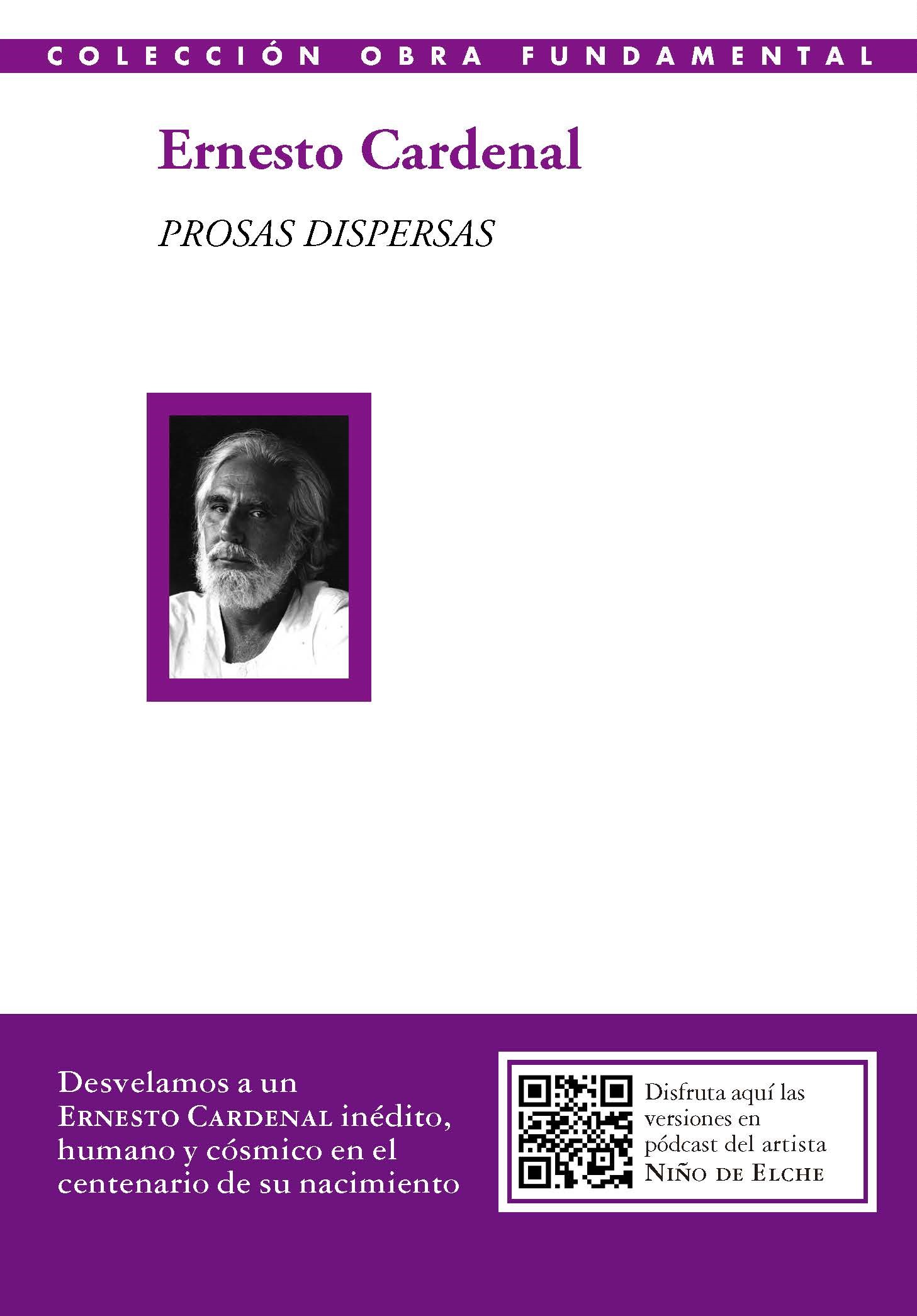In the long life of the Nicaraguan poet Ernesto Cardenal, whose centennial we are celebrating (1925-2020), there were several vocations that helped him to temper his ideology of how the action of the Spirit transforms the world. Luce López Baralt affirms that he is "one of the highest contemporary poets of the Spanish language, a mystic who became a revolutionary for the love of the Kingdom.” Cardenal was also a sculptor, a liberation theology priest -suspended by John Paul II and rehabilitated by Pope Francis-, Sandinista Minister of Culture, and founder of a contemplative community on the island of Solentiname that welcomed the poor and organized poetry workshops for children with cancer or painting for peasants. Cardenal's work is full of love for humanity.
Through short essays, chronicles and autobiographical texts, he explores the relationship between science and the spirit, the mystical and the cosmic, masters such as Lao Tse, Heraclitus or his mentor Thomas Merton, poets such as Rubén Darío or Neruda, and passages that evoke the utopia of Solentiname. Queen Sofia Prize for Ibero-American Poetry.
The book includes a QR code that allows access to a podcast of the artist Niño de Elche's version of Cardenal's texts, as well as an interview with the artist.
Luce López-Baralt (Puerto Rico, 1944), author and Professor of Spanish and Arabic Literature at the University of Puerto Rico, Ph.D. from Harvard and Honoris Causa at UCM prologues this volume, in which Juan Carlos Moreno-Arrones Delgado, Ph.D. in Hispanic Philology from the University of Granada and researcher at the Instituto Cervantes in Beijing, writes the introduction.

